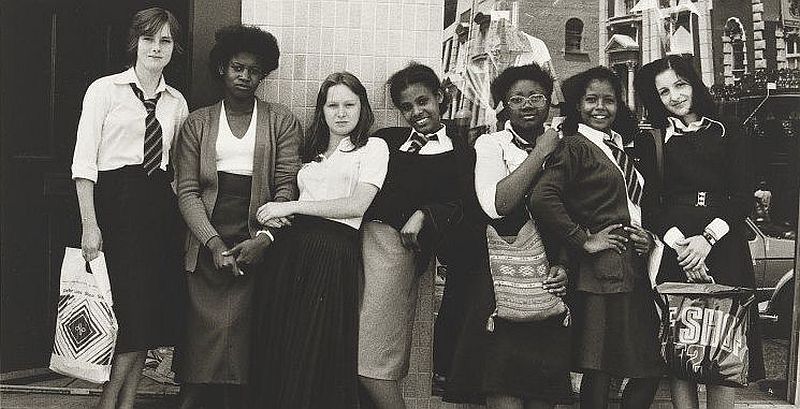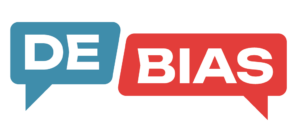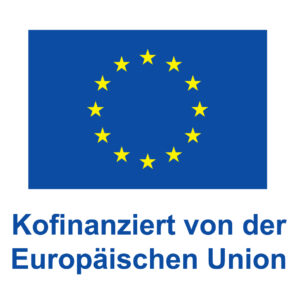
Project for an Inclusive Approach to Cultural Collections Description
Traditionally, the cataloging of historical objects held in archives, museums, and other cultural heritage institutions has been done primarily from the perspective of the majority community. The object descriptions that have evolved in this way over the decades have to a large extent excluded minorities and their identities and histories, or have described them in an inappropriate and inadequate way. In addition, from today’s perspective, they sometimes convey outdated views and contain terms that can be offensive and hurtful.
Today’s change in archival awareness and desire to update descriptions is countered by the challenge of the sheer size of many collections, the complexity of the undertaking, and, in some cases, a lack of knowledge or awareness.
To help archives identify and correct outdated language and support revisions, the DFF-led EU project DE-BIAS will develop a tool that automatically identifies and contextualizes inappropriate terms in five different languages and suggests contemporary terms.
As a basis for the tool, DE-BIAS will develop vocabularies focusing on three thematic complexes: a) migration and colonial past, b) gender and sexual identity, c) ethnicity and ethno-religious identity. In this context, the project will seek and promote close dialogue with minority communities and involve them in the development of the vocabularies. This will help to ensure that the current self-identifications of the communities involved are considered and accurately represented.
The tool will be integrated into Europeana, the European search portal to the archival holdings of over 5,000 archives, museums and similar institutions, and made available to individual institutions so that they can analyze their own records and automatically identify outdated terms.
Finally, the project is developing several resources and tools – including an online knowledge base and a staff training course – to ensure the long-term impact of the project.
Runtime
January 2023 – December 2024
Contact
Kerstin Herlt
Phone: +49 69 961 220 – 621
herlt@dff.film
Partners
- DFF – Deutsches Filminstitut & Filmmuseum (Projektleitung)
- Archives Portal Europe Foundation
- ECCOM Centro Europeo per l’Organizzazione e il Management Culturale
- Europeana Foundation
- European Fashion Heritage Association
- Katholieke Universiteit Leuven
- Michael Culture Association
- Ministère de la Culture et de la Communication
- The Netherlands Institute for Sound & Vision
as well as for the technical development and implementation:










